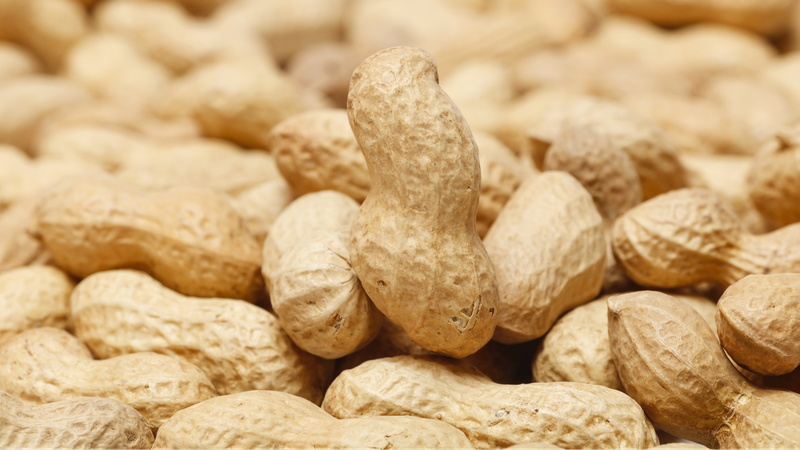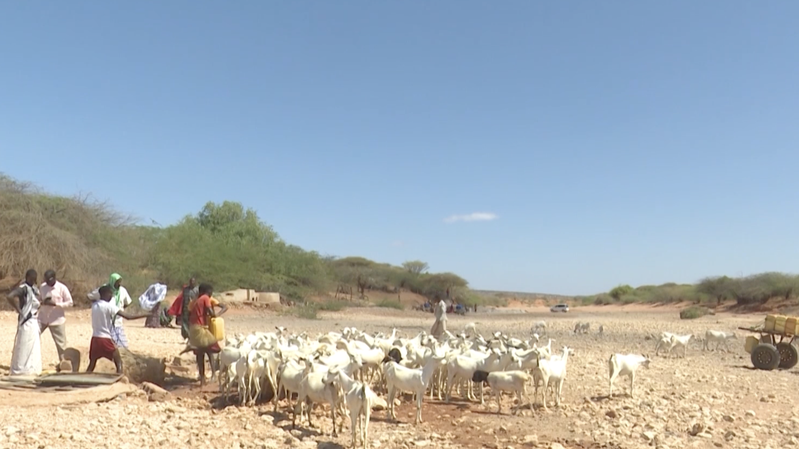In a significant advancement for agriculture, scientists have unveiled groundbreaking research that sheds light on the evolutionary history and phenotypic diversification of peanuts. Published in Nature Genetics on Tuesday, this study holds promising implications for future peanut breeding practices.
The international team, comprising experts from the Henan Academy of Agricultural Sciences, the University of Bari Aldo Moro, and Wageningen University & Research, embarked on a mission to unravel the complex origins of cultivated peanuts. Zheng Zheng, vice head of the Institute of Crop Molecular Breeding at the Henan Academy, highlighted the global importance of peanuts as an oilseed crop. \"Understanding the events that led to the origin and diversification of peanuts is crucial for optimizing germplasm resources,\" Zheng explained.
By integrating chloroplast and whole-genome sequencing data from an extensive germplasm collection, the researchers discovered that two subspecies of cultivated peanuts emerged from distinct allopolyploidization and domestication events. This differentiation was further influenced by dissemination routes and selective breeding efforts across different regions.
The study also identified key genes responsible for subspecies differentiation, linking them to important phenotypic traits such as flowering patterns, growth habits, pod and seed weight, and oil content. These findings provide invaluable genomic resources that can accelerate the improvement of peanut genetics, offering new avenues for plant breeding and agricultural innovation.
Zheng emphasized the study's potential to transform peanut breeding practices, making them more efficient and targeted. \"Our research lays the foundation for faster and more precise genetic improvements, ultimately benefiting farmers and consumers worldwide,\" she stated.
Reference(s):
Cracking the peanut code: scientists uncover evolutionary secrets
cgtn.com




